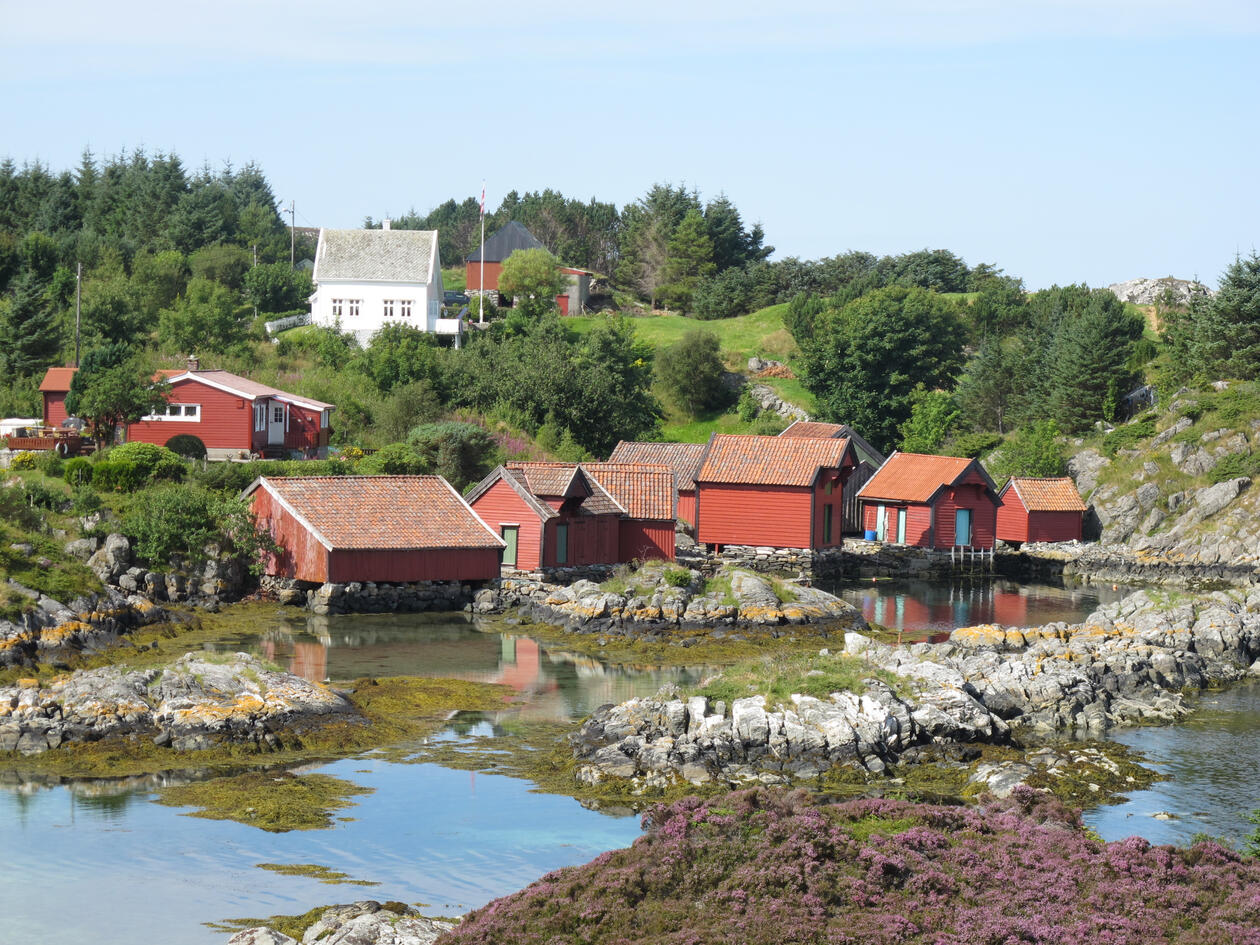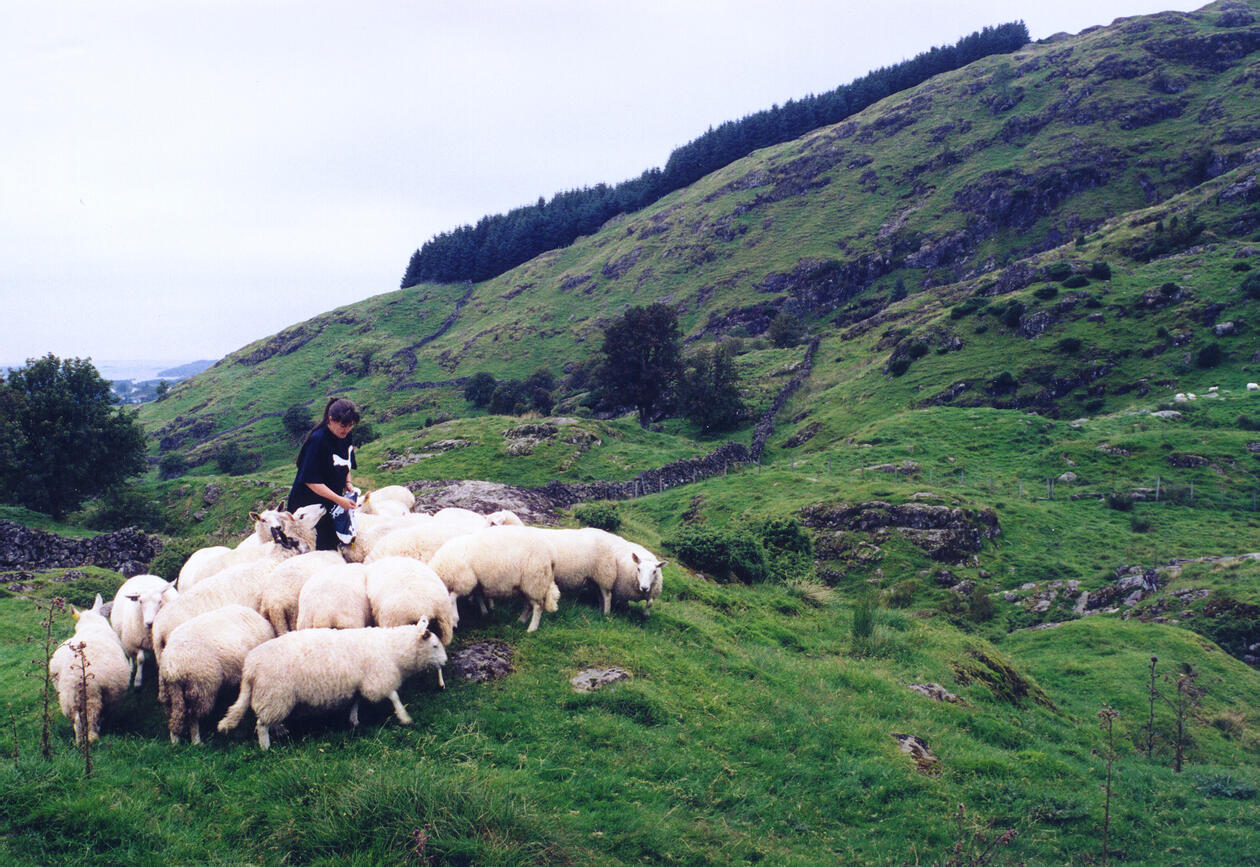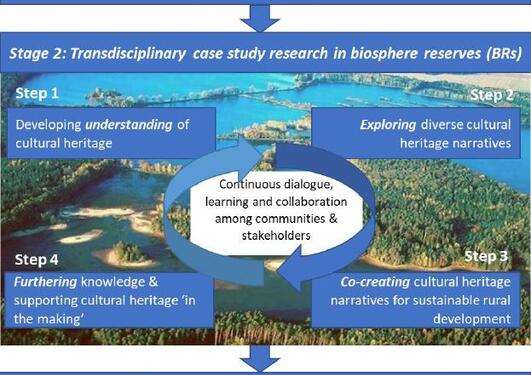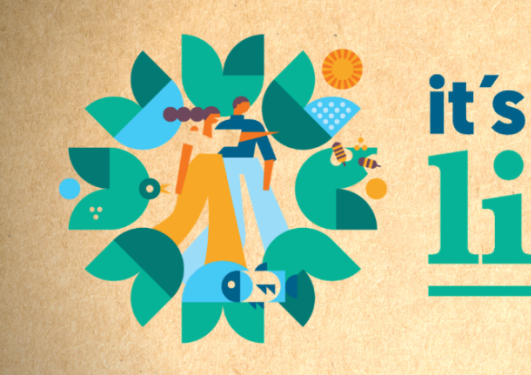BIOSPHERE: Activating local resources; cultivating regional cooperation for sustainable land-use
The "BIOSPHERE" project is funded by the Research Council of Norway (NFR), under the “Areas under pressure”-call. The project is running from 1st June 2021 to 31st May 2025.
Main content
Project description
BIOSPHERE aims to strengthen social-ecological resilience in peri-urban and rural Norway. To ‘build back better’ we need to apply more holistic and inclusive approaches to solving the complex and interconnected challenges of our time. BIOSPHERE will meet the increasing calls for Nature-based Solutions and establish ‘nature’ as the fundamental basis for building sustainable economies and societies. We will do so by generating integrated whole-systems knowledge of social-ecological systems, using UNESCO’s world network of biosphere reserves as our empirical basis.
The main challenge for a sustainability transition is to scale up successful solutions. To achieve durable impacts, the upscaling of solutions to reach sustainability must continually maintain a balance of incentives among key actors, scale up within sectors and scale out across geographies and industries. By using UNESCO Biosphere Reserves under UNESCO’s Man and the Biosphere Programme (MAB) as ‘test grounds’, BIOSPHERE will contribute to the upscaling of sustainable solutions for environmental change.
Our regional partners, Alver municipality and the Nordhordland UNESCO Biosphere, will enable transdisciplinary and participatory approaches to knowledge and solution generation. This regional collaboration and strong involvement provide a unique testing ground for deeper analysis of trends in land-use and for developing societal resilience in the transition to a low-emission society. By extending our understanding of complex adaptive systems through local cooperation, we will facilitate scaling up of sustainability solutions within sectors and scaling out across geographies and societies. To achieve durable impacts, we will work to align the motivations of public, private, and civil society actors, together with Alver municipality, Nordhordland UNESCO Biosphere, our regional stakeholders, UNESCO Paris, and international partners.
Research questions
RQ1 - What can we learn from past and present land-use systems to strengthen social-ecological resilience?
RQ2 - How can multifunctional landscapes provide multiple functions and services, and safeguard biodiversity?
RQ3 - Which potential Nature-based Solutions are possible in Nordhordland UNESCO Biosphere, which are scalable beyond this region, and how?
Work packages
WP1: Knowledge from the past - enabling solutions for a sustainable future
Aim: To analyse the rate and direction of land-use change, nature’s benefits to people, and landscape multifunctionality by re-sampling the Lindås-project (1971-76).
By re-sampling a unique legacy dataset, the Lindås-project (1971-76), in combination with stakeholder processes and comparative studies abroad, we will gain important new knowledge on the speed and direction of land-use change.
WP2: The state of the biosphere - mapping social-ecological interdependencies
Aim: To develop solution-oriented methods for documenting and mapping the greatest land-use pressures, challenges and conflicts in Nordhordland today.
WP3: Seeds of good Anthropocenes - how to get there from here?
Aim: To build a solid idea bank for locally grounded sustainable land-use initiatives through participatory methods and a bottom-up approach
WP4: Strengthening impact through active communication
Aim: To secure knowledge-sharing, involvement, and transparent communication between partners and stakeholders, and to provide efficient dissemination to ensure impact of project results.
WP5: Applied resilience thinking – building a resilient future by design (and not disaster)
Aim: To envision predicted shocks to the system, which Nature-based Solutions and other aspects of the social-ecological system might provide resilience, by building on changes and threats identified in all the other WPs.
People involved:
- Inger Elisabeth Måren, University of Bergen, Norway (Principal Investigator)
- Amy Eycott, University Nord, Norway
- Helena Freitas, University of Coimbra, Portugal
- Kari Natland, Region Nordhordland IKS, Norway
- Kristin Nåmdal, Alver Municipality, Norway
- Ieva Rozite-Arina, University of Bergen (PhD-candidate on WP1)
- Katja Malmborg, University of Bergen (PostDoc)






